Ondrej Markus
Entrepreneur in ed-tech, building the future of education as a founder and CEO at Playful.
I write about the future of education, designing learning games, and running a startup.
I'm a generalist, introvert, gamer, and optimizing to be useful.
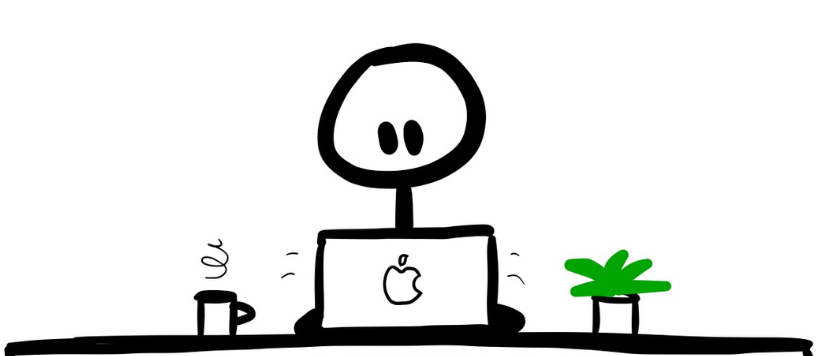
What the work happened: Q1 + Q2 2023
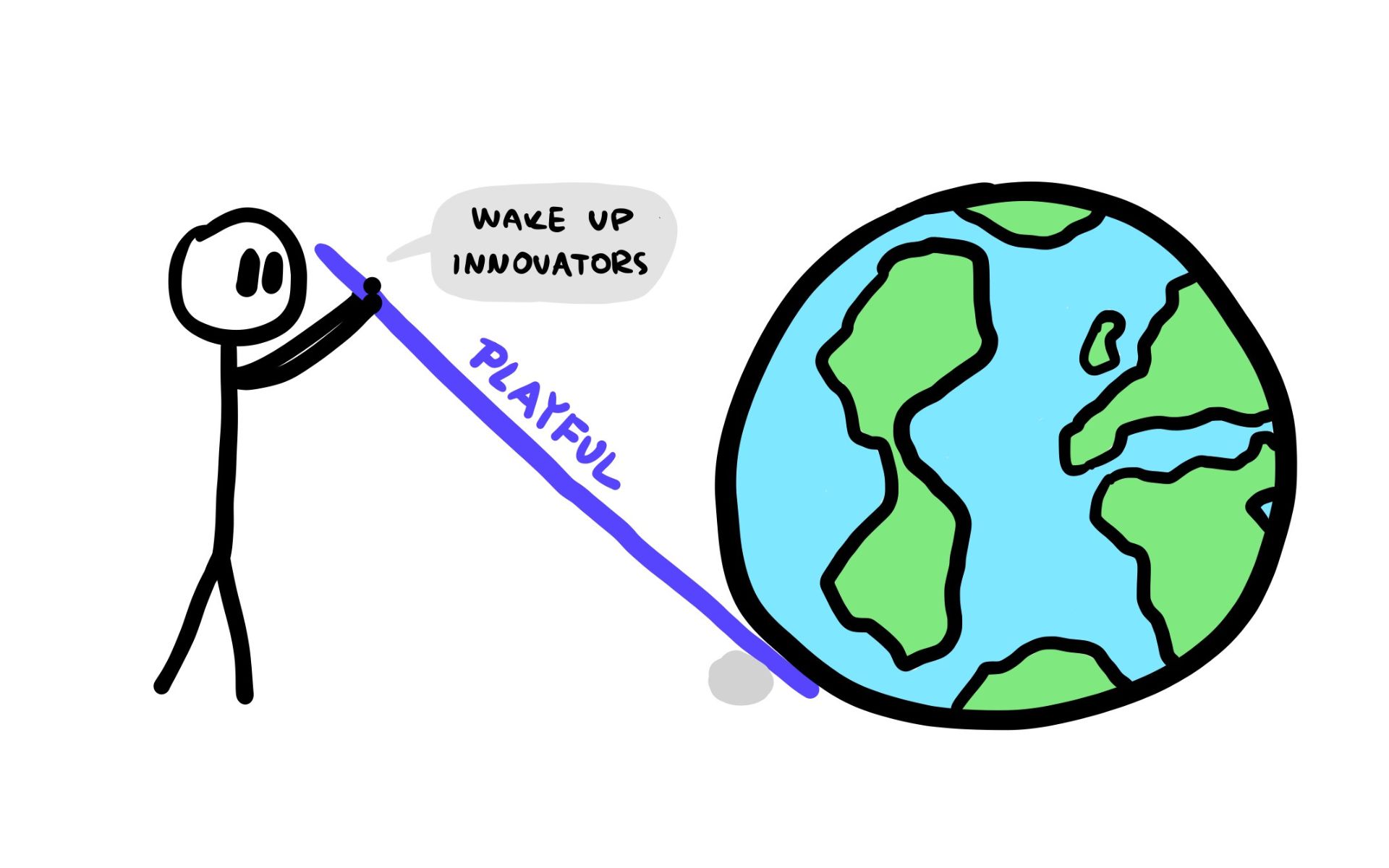
Hey there,
it’s been a long time since I wrote anything here. That’s because a lot was happening, and still is. Exciting times.
Let’s start with bullet points as a summary, and then the long version. If you want to read the long version, you can skip the summary.
TLDR:
- Had a great time in Amsterdam, riding bikes everywhere, meeting new people
- I was learning game development in Godot for 3 months
- I published 5 videos on Youtube about my gamedev journey, I learned video-editing in the process
- I was exchanging daily video journals with Michel to learn how to talk on camera and keep external accountability as a solo maker
- I co-ran another cohort of Innovation Lab on the Charles University in Prague (online)
- I interview people for 2 podcasts and was a guest in 1 (all in Czech)
- I organized my first sessions with kids playing Minecraft, testing my game-based edu program concept
- Moved back to Prague for now because Lin’s fashion tech course ended in April and we didn’t have any apartment lined up. Also we needed to save some money again, because Amsterdam was expensive.
- We matched with Zdenek and co-founded Playful
- We made a multiplayer game prototype called GRID, Zdenek did the programming, I designed the game and curriculum around it
- We ran 2 testing cohorts with kids ages 8-12 where we used our game as the core of our education program over 4 weeks. I facilitated all 8 sessions. It was a big success.
Reading/Inspiration
Games
- I played a bunch of Blood on the Clocktower with groups in Amsterdam
- I played 2 epic all-day sessions of Twilight Imperium (I couldn’t call myself board gamer if I haven’t played this in my life. It’s a classic.)
- I played Oath 4 times with the same group. Epic.
- I recorded 2 videos of me playing Rimworld to get better at talking on camre, but never published it anywhere
- I played an RPG after a long time: Divinity 2 Original Sin. 15 hours in. Very good.
Key moments
- Deciding to learn gamedev and try to make a game from scratch
- My first ever Youtube video, that was big scary)
- Organizing the first Minecraft session with kids was scary, because I have never organized anything with kids before that
- Matching with Zdenek as a co-founder, then finishing the prototype in 1 month and running the test program with 24 kids
Okay. Let’s organize the long story version by month.
January
I shared the 2022 reflection on January 31st, so I already mentioned most of what happened there. First month done. Nice. Let’s move to February.
February
I was enjoying Amsterdam a lot. Everyone was scaring us that we will not see sun in Amsterdam from November to March, but that was not the case as all. I don’t know if we got lucky, but the weather was brilliant most of the time. Riding bikes everywhere is the best thing.

Biking everywhere
The biggest thing was the start of my learning-by-doing exploration into game development. I needed to learn to make games, so I could create a game-based education program for kids.
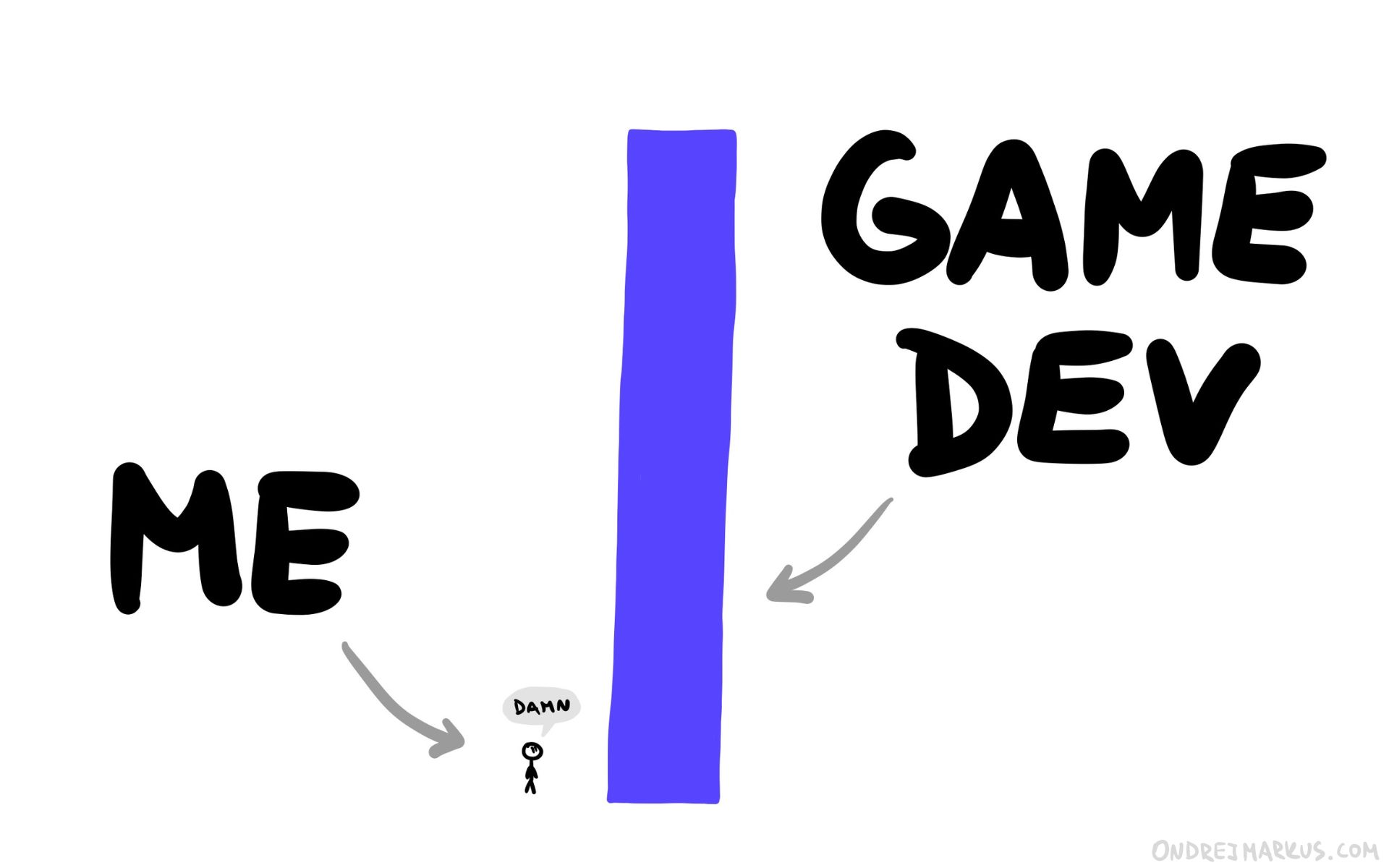
Me vs. Game Dev
Also, I decided to document my learning on Youtube. Because why make it easier if you can make life harder for yourself, right?
So that’s what I did. I started a Youtube channel and posted my first video there about beginning this journey. It was scary as hell. And I needed to learn video-editing on the go. I was okay with doing it poorly until it becomes better. There is no way to start doing anything anyway. I posted the video with my eyes closed. Nothing happened. Nobody cared, obviously.
I started programming and I did the next video in about a week. It got some attention. People seem to be interested in other people choosing their gamedev tools more than anything. The video got some traction: 10k views over the next few weeks, almost 1000 subscribers, and dozens of nice comments from fellow game devs. That was super nice and encouraging. But also created pressure, because I realized “oh shit, people are watching now.”
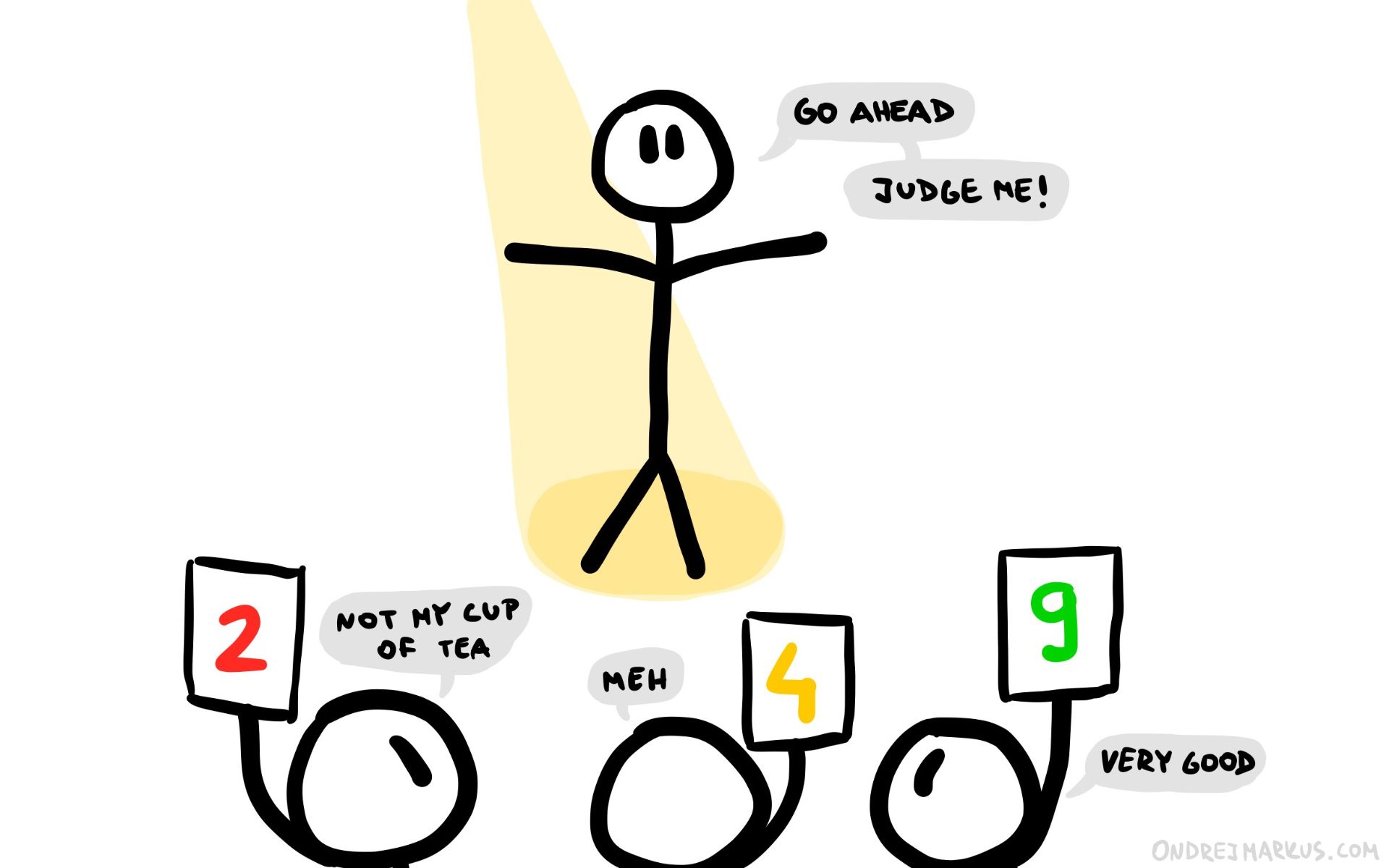
March
I kept programming and struggling. I made some nice progress, but things were going slow. The biggest challenge was that I needed to make a multiplayer game for my education program, and that’s much more difficult that “just” making a single player game.
Towards the end of the month, I pivoted to a simpler game concept to increase my chance of success.
I also organized a Minecraft-based education program experiment. Five kids age 8-12 of some of my friends joined and we met once a week for four weeks. It was scary for me, because I’ve never organized anything for kids before that. I tested some of my ideas and it was great. This was a very important thing to do.

Minecraft session experiment
I learned from this that people are more willing to help you than you think. For some weird reason, I tend to think “I should not bother my friends with my experiments.” But it doesn’t make sense. They are glad to help me and recruit their friends to help as well. I should know this, because I would help them as well and would want them to come to me first with their new crazy ideas. I need to remember this.
April
According to plan, we moved back to Prague around 15th April because Lin’s course ended and we didn’t have any apartment lined up. Also we needed to save some money again, because Amsterdam is expensive. :D
Around the same time, a miracle happened…
I felt that finishing the multiplayer game alone would be a task for another 3 months at minimum. That was discouraging and not something I wanted to do. I enjoyed the process of making games, but the objective was using them for the education program. Not just making the first game for a year, and maybe not even succeeding at that.
Two weeks earlier, I put my profile on the Startup School’s co-founder matching forum. I thought it would be nice to meet other founders interested in edutech and games. However, I did not believe I could actually meet a co-founder. That does not really happeno online, right?
Well. Holy shiat. Two weeks later, I got a message from Zdenek - a super experienced programmer and game developer. We jumped on a short call together. I pitched him my idea for the game-based education course. He liked it a lot.
Three days later, we agreed to create the first multiplayer game prototype together. He would do most of the coding. I would do the design. And the whole thing would be a test of our collaboration to see if we want to work together further.
May
We hit the ground running and worked on the game. We both had a job next to that. I joined a two-month project in Q Designers again as an innovation designer because I needed a paid job and I enjoy working with them a lot.
May was busy. Landing in Prague, two new projects, lot’s of new people. But I was enjoying the challenge.
We also decided not to wait for after the summer holidays and do the first test of our edu program in June. Was that crazy? Weeeell, maybe a little bit. But, you know, deadlines work. It focused us on creating the barest minimum viable game we could use for the program, and we were ready to upgrade it as it would unfold.
Playful was born. I stiched together a very simple landing page on Google Sites and let people sign up through a Google form. Then I started looking for testers. I opened two cohorts: one on Tuesdays, the second one on Thursdays. We needed at least 9 kids minimum to run the sessions. Actually, we needed like 12 people to sigh up because 20-30 % of them would not come on any given session.
However, people started flooding the course faster than I expected. We got 30/30 sign ups relatively easily. I didn’t even had to beg anyone to join. Nice.
We finished the prototype to a barely-enough-functional state and ran the sessions.
The sessions worked like this:
- we met online in Google Meet for 60 minutes in a group of 12-16 kids age 8-12 plus me as a facilitator, Lin as a second facilitator, and Zdenek in case the game needed first aid
- everyone connected to our game in their browser, and we alternated between playing and reflection (I asked them questions about the game, their strategy, and what they learned from playing)
- they played in teams of 3-4 players and while playing, every team was in a private breakout room so they could discuss strategy in real time
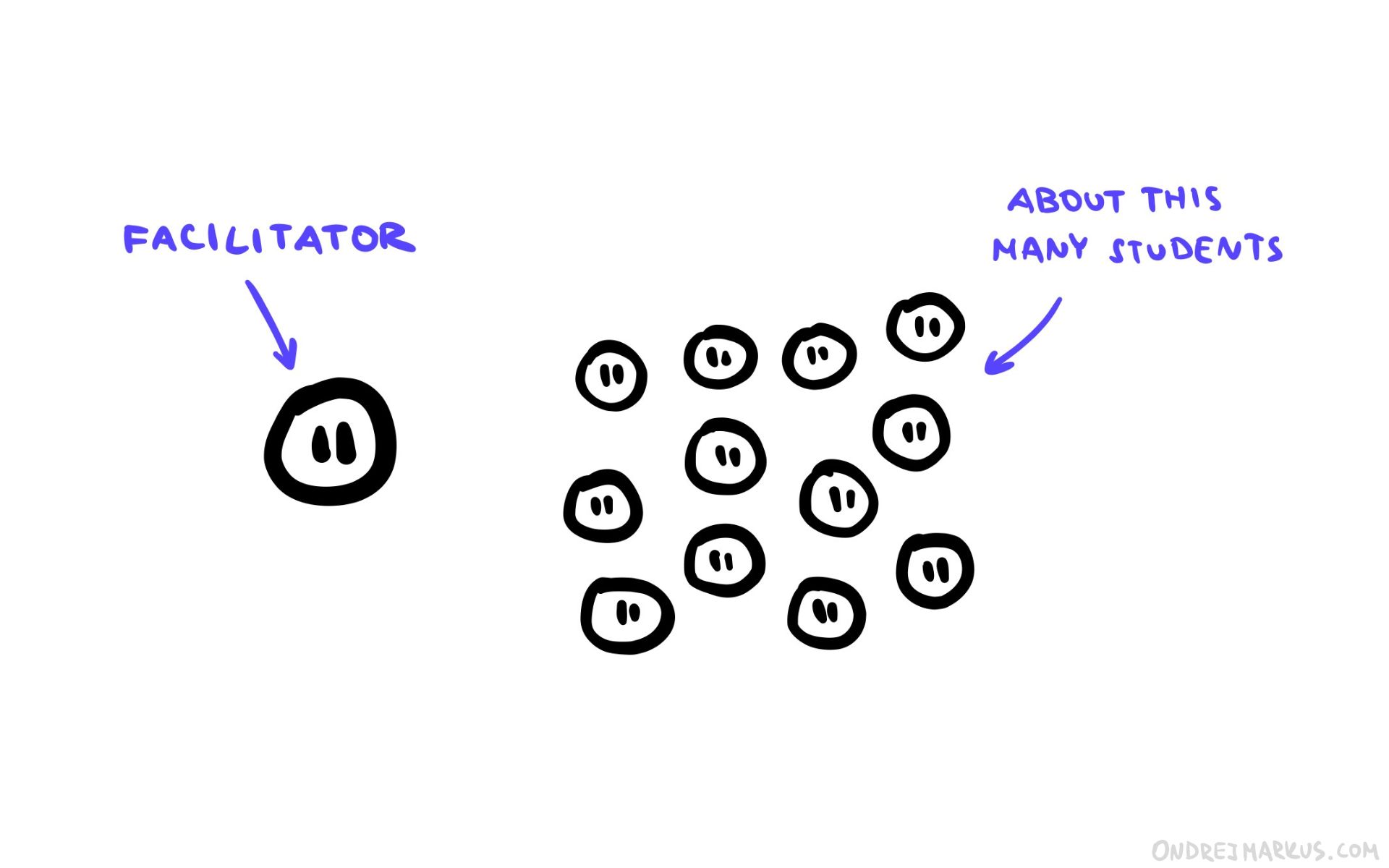
One group
June
As with anything, doing the first session was the most nerve-wracking. I basically prepared myself to expect the game to crash and not work at all. That’s where I put my baseline expectation to cope with my fear. Anything above that would be a win. I was scared but excited. What I started working towards 6 months ago is actually happening.
The sessions went great. It was not smooth because we were figuring out some of the technical things with Google Meet video along the way. But, overall, it was surprisingly good. The kids were leaving asking: “is it possible to play the game outside of these sessions?” and saying that they like the game a lot and will definitely come next week too.
We had another first session two days later with the second group. This was really good decision to have two separate groups running at the same time, because it meant double the learning. I would try something on Tuesday with group 1. And then try to make it better for group 2 on Thursday. Sometimes it was better, sometimes not. But the opportunity to iterate faster and with different students was perfect.
We experienced one major problem. On the second sessions of the first group, the game didn’t work at all. For some weird reason probably caused by poor internet connection of somebody in the group, the game got desynchronized and froze on five separate attempts. So we had to send the players away and tell them to come on Thursday, if they want to replace this session. Most of them did and we fixed the game until then. I was SO SO SO grateful this did not happen on either of the first sessions. That would be a disasta.
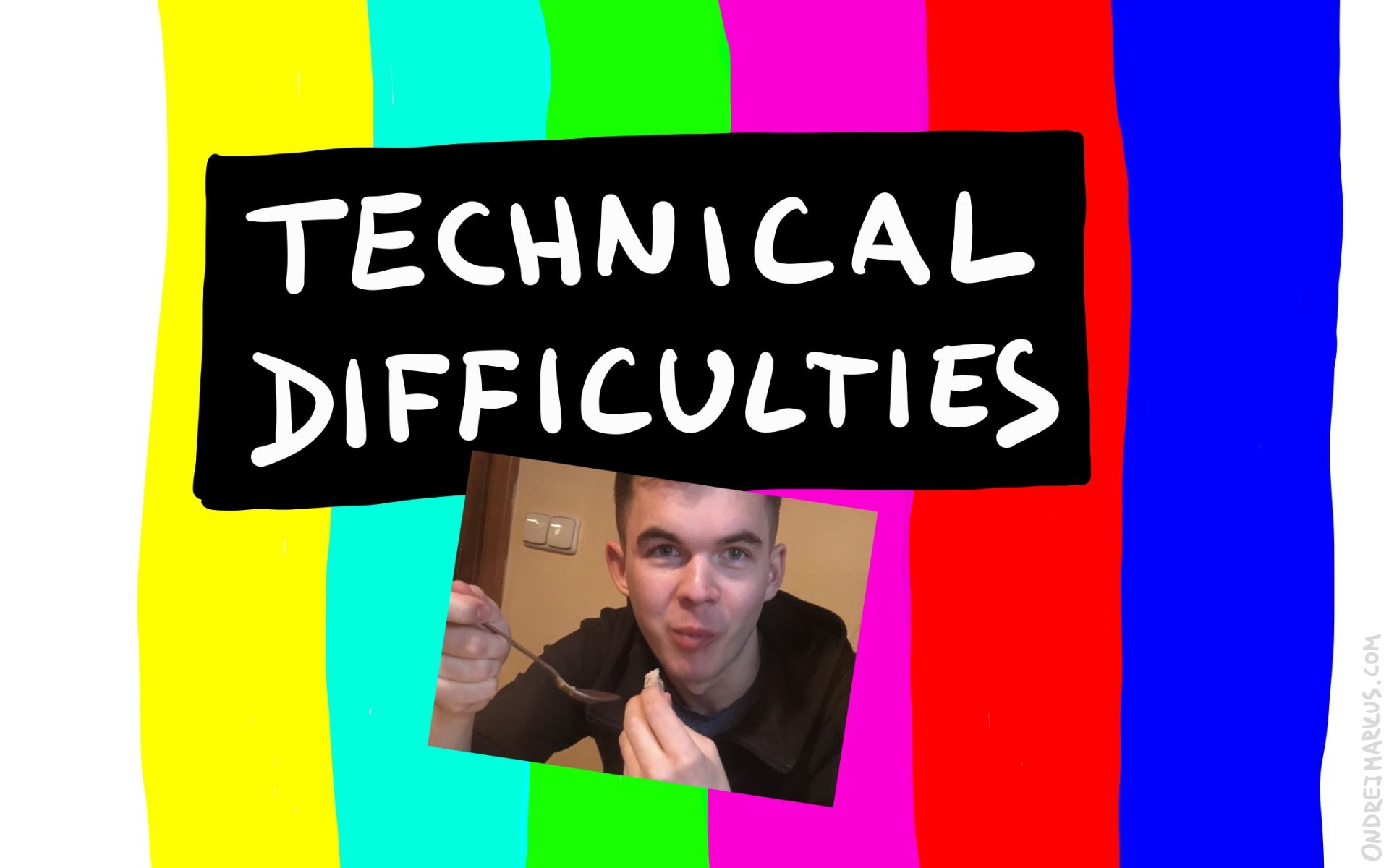
Sh*t happens
The program lasted four weeks because everybody was going away for the summer holidays. So planned to finish in the last week of June. As far as I’m concerned, it was a HUGE success. We learned so much from it, made the game better, and our collaboration with Zdenek was productive and super-pleasant. We decided to officially co-found Playful together and made an ambitious three-month plan to launch it for real in October when kids are back in learning-mode again.
What’s next?
Because I’m in Prague now and our first customers for Playful are Czech, I communicate, think, and write more in Czech than english the last few months. And I will continue doing that for the next 6-12 month until Playful inevitably moves international and english will become its primary language.
This is new to me, because for the last 3 years of writing and creating things, I spent most of my time reading, thinking, and talking in English. It’s still more comfortable and natural for me than Czech, but it just makes sense to start and focus on Czech customers. Both me and Zdenek are Czech, so we can leverage our network and local advantage here before we go international.
So what’s the play for the next 3 months?
We’re already deep into July at this point. I finished the Q Designers project a week ago, and I decided not to pursue any other job. I want to focus full-time on Playful for the next 3 months and try to make a living off of it starting October.
Our plan is to launch the program in October with 30 paid customers and work our way up to 100 before the end of the year. 100 customers would mean both of us can go full-time on the project and have a reasonable salary.
To do this, we need to improve the code of our game prototype (rewrite it, actually), and code some frontend and backend on top of it. It’s a lot of work and Zdenek is all over it.
My focus is the product. Right now, I’m interviewing customers (parents) to better understand how they think about the education needs of their kids. The goal is to understand their needs, problems, and motivations almost better than them, so we’re able to communicate the value of our product in words that resonate.
Beside that, I started writing posts and articles on LinkedIn in Czech, because that’s where most of my Czech network is. I’ve never really used LinkedIn much, and especially not internationally. So it’s a good place to focus on my Czech bubble before we go international. The idea here is that our biggest advantage is that I as a founder create and teach the program day to day, so when people get to know me and how I think about education, there’s much higher chance to get 30 paying customers this way, rather than if we just paid for some ads and hoped our proposition is good enough.
Also, LinkedIn is where our early adopters probably spend time. They are highly-paid professionals who are used to spending money on their kid’s education.
Okay. Well, I could a lot about this because I think about this a lot these days. But the important thing is that the success or failure will be measured in how many people will actually buy the program in October, so everything we do is optimizing towards that. If we are not able to make a living with this, we can’t do it at all. It’s simple.
That’s it.
I’m glad I found the time to write this. Since writing is not my daily focus anymore, it’s harder to create the time and put int the energy. But whenever I read some of my older reflections, it’s so nice to have the record of what I was doing and thinking.
So I want to keep doing this, mostly for myself, but also share it because why not.
See you in 6 months in the next reflection.
Cheers.
O.